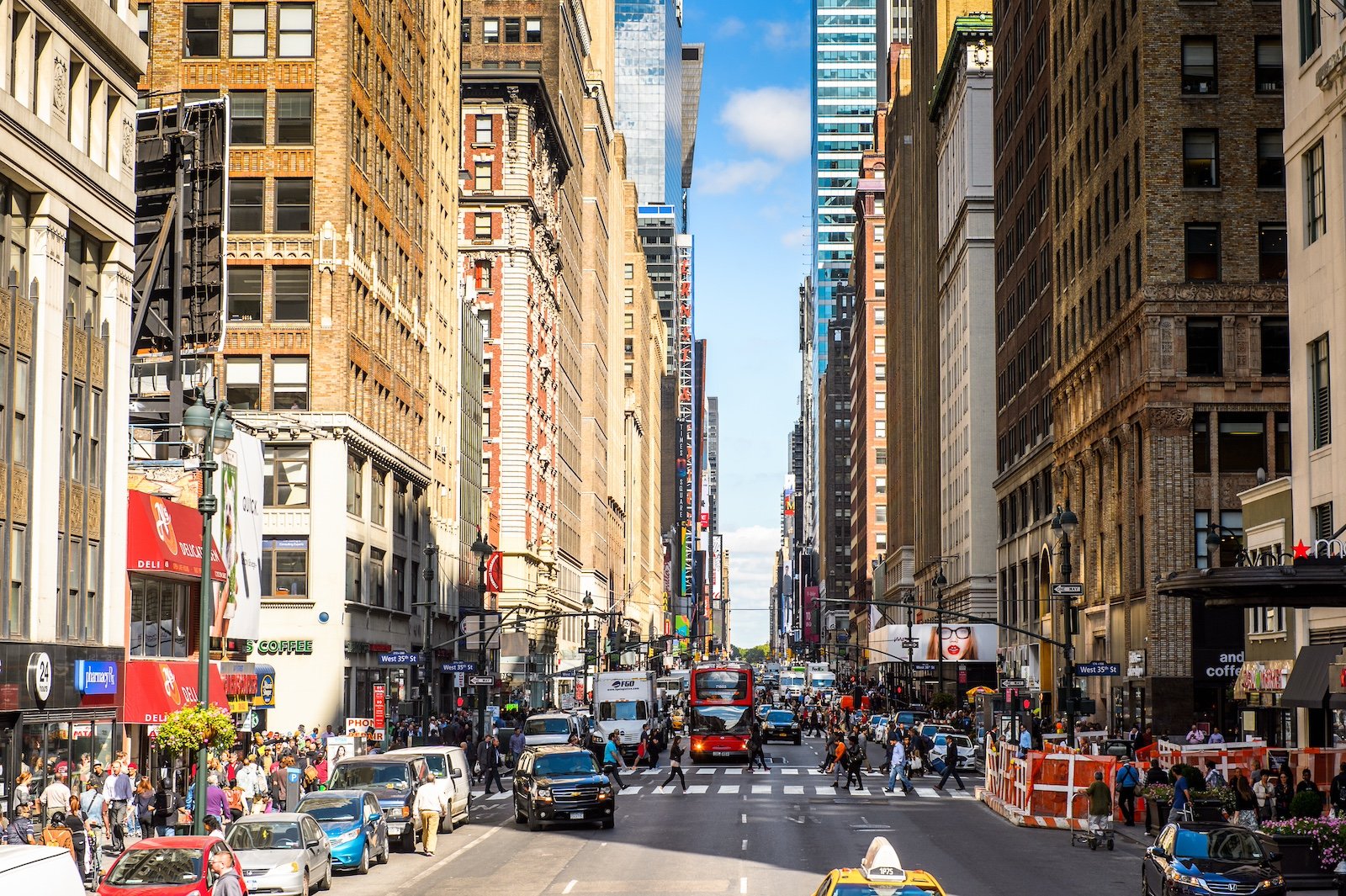Cultural differences make the world a fascinating place. They encourage learning, understanding, and, occasionally, amusement. However, when an American speaks with someone from another country, certain remarks and questions may seem repetitive and exhausting.
Although these comments are usually well-intended, they can become slightly annoying after frequent repetition. Here are the most common complaints Americans have about comments from non-Americans.
“Do you own a gun?”

Many people associate America with guns due to international news and Hollywood films. The Second Amendment and the culture of gun ownership play a significant role for many in the U.S. However, it is not universal.
Surveys indicate that less than half of American households own guns. This stereotype fails to recognize the diverse opinions and lifestyles across the vast U.S. Not all Americans are gun enthusiasts and many support stricter gun control laws.
“You must be rich, right?”

This question could be seen as complimentary, but it needs to be more accurate for many Americans.
While the U.S. is home to some of the wealthiest individuals and a globally dominant economy, it also faces significant income inequality and poverty. The assumption that all Americans live in luxury disregards those who work multiple jobs to survive, debates on the minimum wage, and discussions about healthcare affordability. The U.S. has great economic diversity, and wealth is less evenly distributed than some may believe.
“Americans are not very cultured.”

This assertion often stems from a limited view of culture. The cultural landscape in America varies as much as its geography. The U.S. possesses a rich array of cultural expressions from jazz clubs in New Orleans to ballet theaters in New York City, from art scenes in Los Angeles to historic literary tours in New England. It hosts numerous museums, historical sites, cultural festivals, and more. Furthermore, the American film industry, literature, and music significantly influence and shape global culture.
“Why are Americans so loud?”

Americans may appear louder compared to cultures that value subtlety and restraint. This perception is not unfounded, as American culture often promotes expressiveness and directness.
Enthusiasm is viewed positively, and loudness is associated with confidence and openness. However, there are exceptions. Individual personalities differ greatly, and behaviors considered loud in Japan or Finland may be normal in New York or Texas. Recognizing these subtleties is essential to fully appreciate the range of American behaviors.
“Why don’t Americans use the metric system?”

This question arises out of genuine curiosity, as the metric system is almost universally used worldwide. The U.S. continues to use the imperial system due to historical reasons and the substantial costs and logistical challenges of conversion. Although the metric system is taught in schools and used in science and medicine, the daily life of an average American still involves inches, feet, and pounds. Resistance to change is also cultural, with many viewing the imperial system as part of American identity.
“Do you only eat fast food?”

Although fast food originated in America and remains popular, the culinary scene in the U.S. is incredibly varied and dynamic. Each region has its specialties—barbecue from Texas, seafood from New England, soul food from the South, and much more. The farm-to-table movement is growing, and cities like New York, San Francisco, and Chicago are noted for their top-tier restaurants and culinary innovation. Additionally, America’s immigrant population continually diversifies its dining culture, making it one of the most varied culinary landscapes globally.
“America is all about big cities like New York and LA, right?”

Many non-Americans equate America with its largest cities, assuming a fast-paced, metropolitan lifestyle for all. This overlooks the extensive rural areas and smaller towns that constitute much of the country, each with distinct traditions, lifestyles, and values. The U.S. is incredibly diverse geographically and culturally, from the quiet small towns of the Midwest to tech hubs like Austin and the varied cultural landscapes of places like New Mexico and Hawaii.
“Aren’t American politics just Democrats and Republicans fighting all the time?”

While the bipartisan system dominates the political scene and media coverage, this question simplifies the complex and varied political landscape in the U.S. It ignores the roles of independents, smaller parties, and the many Americans involved in grassroots movements and local politics who are striving for nuanced and varied political goals.
“Why are Americans so obsessed with their rights?”

This remark often appears in discussions about American culture, especially regarding debates over freedom of speech, gun rights, or other constitutional issues. It is crucial to understand that the U.S. was founded on principles emphasizing individual freedoms and rights, deeply embedded in American identity and legal structures. This foundational aspect of American society is a source of pride for many and is central to national discourse.
“You all eat genetically modified food, don’t you?”

There’s a common misconception that all American food is genetically modified and that Americans are generally indifferent to issues of natural and organic foods. In reality, the U.S. has a rapidly growing organic market and a strong movement toward sustainable agriculture. Farmers’ markets, organic products, and non-GMO foods are highly popular, reflecting significant public interest in healthy and environmentally friendly eating habits.
“Isn’t it unsafe to live in America?”

The international media often portray the United States as a place of high crime and violence, leading many to question the safety of living or traveling in the U.S. While crime is indeed a reality—as it is in any part of the world—the vast majority of Americans live in safe communities. The perception of danger is often exaggerated, failing to account for the regional variations and the many peaceful, thriving neighborhoods across the country.
“Do Americans only watch Hollywood movies?”

This question overlooks the diverse viewing habits of Americans who enjoy a wide range of film and television productions from around the world. While Hollywood is prominent and influential globally, the U.S. also has a strong independent film scene and a growing interest in international cinema. Streaming platforms have made films and series from different countries more accessible, and many Americans appreciate and consume media from various cultural backgrounds. This diversity in entertainment choices reflects the broad tastes and interests of the American populace.


